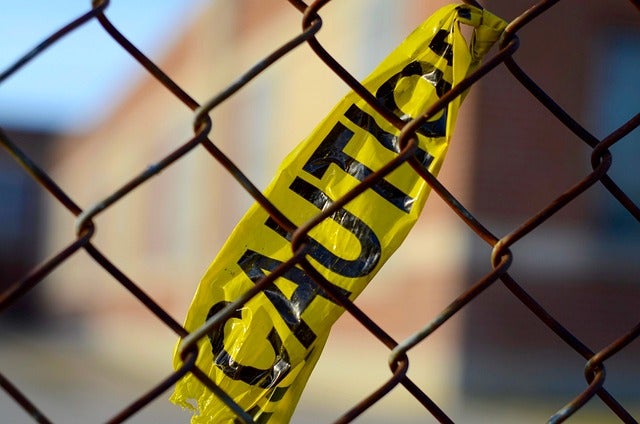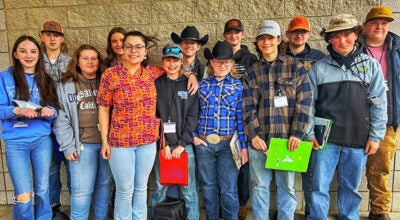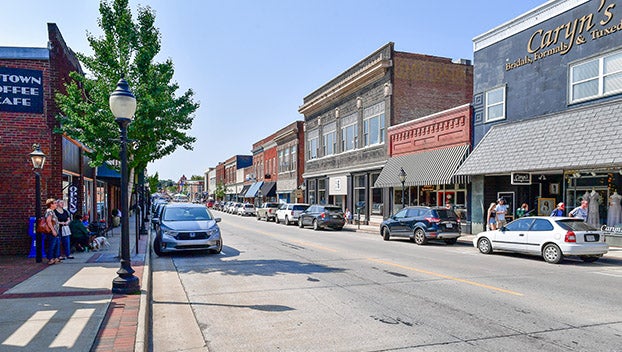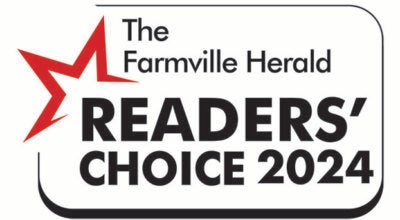Would a land bank help Farmville clean up derelict properties?
Published 8:01 am Wednesday, May 8, 2024
|
Getting your Trinity Audio player ready...
|
How should the Town of Farmville handle derelict or abandoned properties? Town council members are considering a proposal presented during their Wednesday, May 1 work session that would use a land bank to force renovations.
In the Virginia Code, Section 15.2 talks about the powers that counties, cities and towns have. If you scroll down to Chapter 75 in that section, it outlines the fact any locality can put together a land bank. A land bank’s main purpose is to take over control of properties labeled as ‘blighted’, run-down or derelict, to renovate and restore the buildings in question. The county or town can assemble a land bank group of their own or appoint a non-profit organization and its governing board to handle the task.
“This is just another option rather than the town going from condemnation to taking and tearing it down and putting a lean on the property to get reimbursed,” Farmville Town Manager Dr. Scott Davis said. “The land bank would come in the picture, fix up the property.”
Instead of the town condemning and tearing down the property, they can file a lawsuit against the owner, seeking approval from a judge to use a land bank in this situation. The town would be asking the judge to give control of the property temporarily to the land bank, which would act as the “receiver”, that is, the entity assigned to renovate the property and get it up to town standards. The group then sets up a bank account for the property, gets an estimated cost for repair and presents a plan to the judge overseeing the case. The land bank group can then enter into contracts with those who will be making the repairs, while providing monthly reports to the judge as the work goes on.
Who pays the bill?
So one of the bigger questions in a plan like this is where does the money come from? Under a plan like this, all costs associated with the remediation are paid by the land bank group as they are incurred. Repair costs then become a lien on the property. At the end of the process, once the building has been restored, the owner of the property gets the full bill.
That’s the cost of the remediation, all the repairs done, all the land bank’s fees and any attorney fees from the town. The owner will have a chance to pay all this, but if they don’t, the property can be sold at auction and the fees awarded from the sale.
What properties qualify?
This doesn’t work on every type of building. To fall under the guidelines set out in the Virginia Code, there has to be some type of residential component.
“This doesn’t work for commercial properties. It has to have a residential component to it for it to work,” Davis explained. “You can’t just take a building downtown that has no residential component to it. It’s about residential property.”
The buildings in question also don’t have to be vacant. Run-down apartment buildings qualify, as an example. But in a situation like that, before renovations start, you would have to find suitable housing for all tenants, for a time period as long as the renovation plan would take. So let’s say it’s a 10-unit apartment building, with 20 people living inside. Before anything else happens, those 20 people would have to be given housing, be it in a hotel, motel or another apartment complex.
And just like the renovation costs, all of these expenses would be recouped by putting a lien on the property once construction is finished.
Land bank plan is new to VA
There is a challenge with using this particular method, however. It hasn’t actually been tested in Virginia.
“It’s working well in other places, (but) it hasn’t been done in Virginia yet,” said Michael McCullough. He works as President of the Virginia Receivership Group and serves on the board for the Commonwealth Land Bank of Virginia.
“The process that we’re talking about here is the use of a land bank to address blighted property. There are vacant, abandoned, tax delinquent, derelict and blighted properties that exist in the town of Farmville,” McCullough said. “They cause problems, they cause significant problems to the surrounding neighborhoods and the town at large. Businesses lose value, housing markets erode. Tax revenues are decreased.”
What happens next with land bank?
This will go to a public hearing during the county’s regular meeting in June. The current proposal would designate McCullough’s group, Commonwealth Land Bank and its governing board to carry out the functions of a land bank entity in town. And specifically, this land bank’s purpose, as designated in the proposal, would be to “assist the Town of Farmville addressing vacant, abandoned, tax delinquent and derelict properties within town limits.”
A vote would be expected after the public hearing, which would take place on June 12





